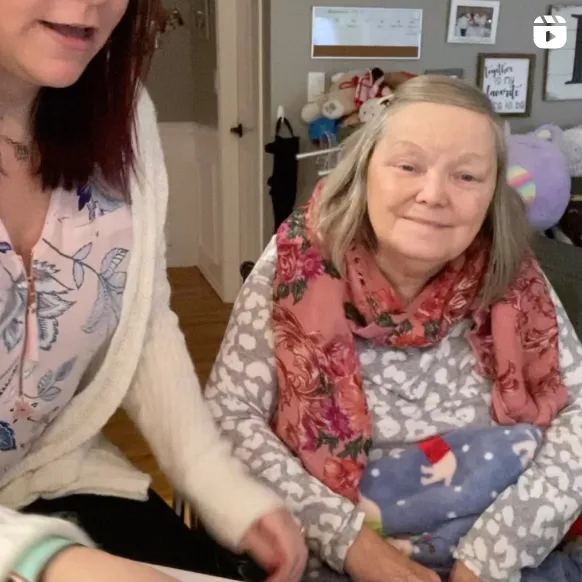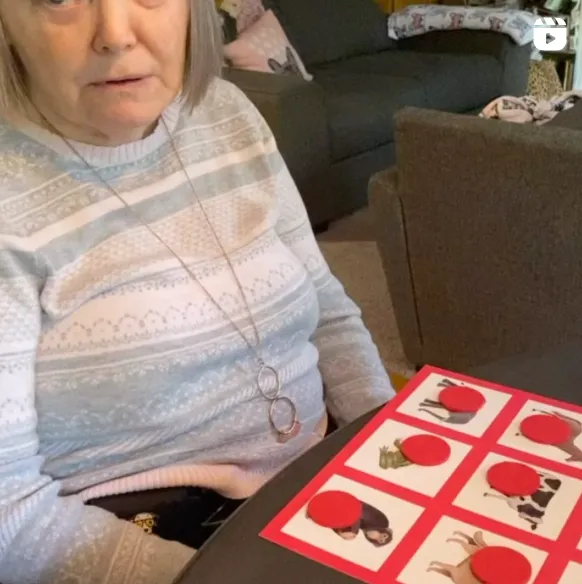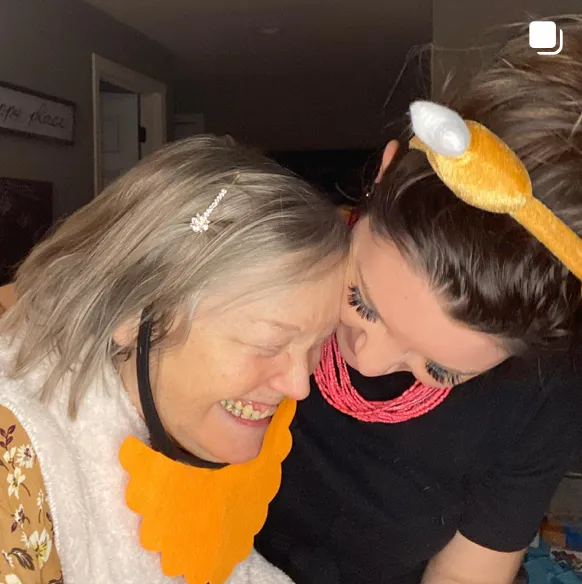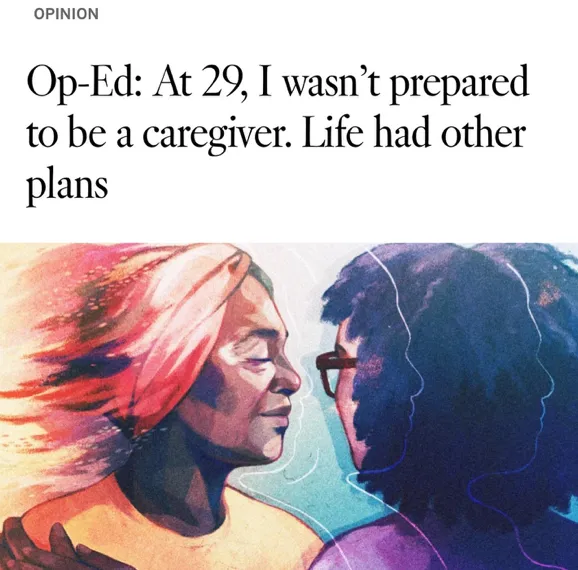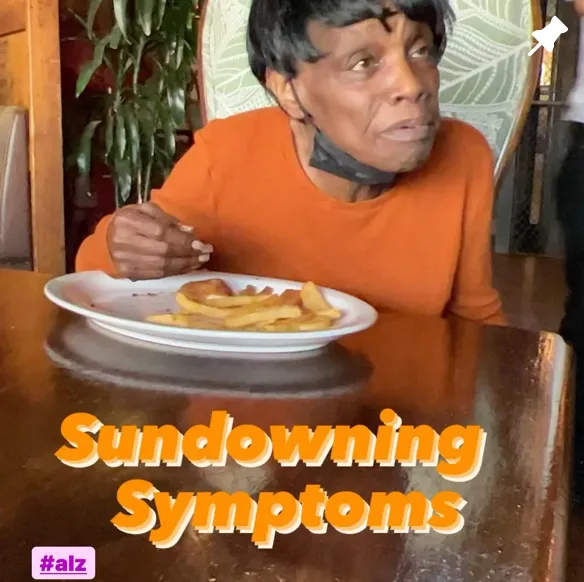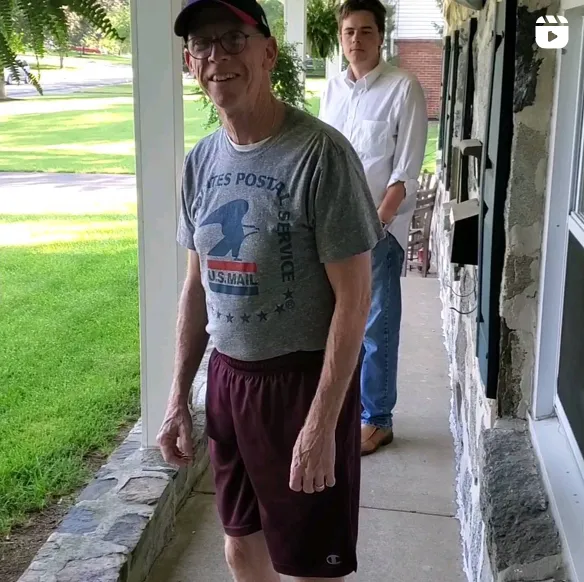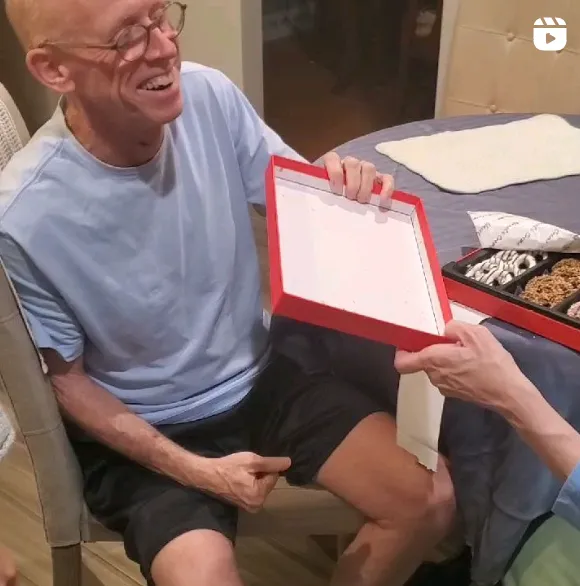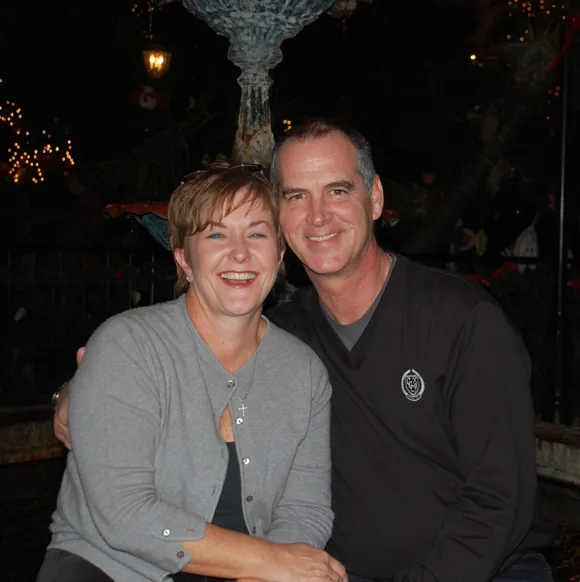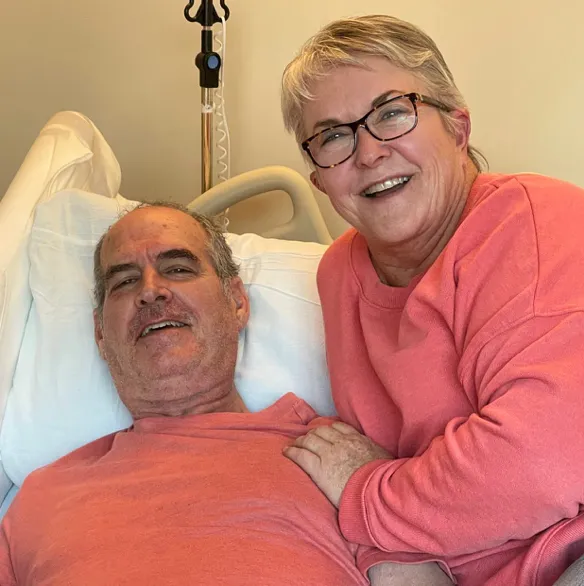On a walk with a friend many years ago, a group of boys on bikes rode over as soon as they saw me. They started circling us so we were trapped. They began to verbally abuse me, saying such things as, “Oh my god look at the size of that foot!” and “Elephant woman!” This went on for some time. I don’t remember exactly how that situation ended, but it is one of the many things like it that have stayed with me.
When you are born with a rare medical condition, you are faced with endless appointments with various doctors trying to help with the physical nature of your condition. However, I’ve found that doctors rarely seem to mention the psychological effect of what living with a rare condition can bring — especially if your condition makes you look visually different from the average person.
I am very proud of PROS, the condition I have, and how over the years I have been able to raise awareness, educate and help people understand a little more about this rare overgrowth condition.
But noticeable physical differences, like mine, can bring a whole lifetime of dealing with the general publics’ reactions. I definitely don’t want people to feel sorry for me, but we are living in a time now when we are all aware that talking about mental health can help.
Due to how different I look, every time I do go out in public, the majority of people, especially if they have never seen me before, will look. This I understand, as you aren’t going to see many people that look as I do. However, many times these looks will turn into those people staring, maybe even nudging the people they are with and pointing over for them to look. Moments like this can and have escalated into people laughing at me and what I can only describe as verbal abuse, making derogatory, hurtful and upsetting remarks.
I remember one occasion when I was actually lying in a hospital bed with a life-threatening infection, and someone told me, “If I was you I would have killed myself by now.” On social media, I have received many messages and posts telling me how ugly I am, how I shouldn’t have been born. I’ve lost count of the number of times I have been called the “elephant woman.”
When I was growing up, there was no help, no counseling, no support groups, no one to tell me and show me that I wasn’t the only one. I feel that I was and am blessed with a strong mind to be able to deal in some way with these reactions. It isn’t easy, though.
There definitely is no magic wand to wave that will give you the correct way to handle things. I have over the years reacted in many different ways, from ignoring people, to staring right back at them, to even saying something. My go-to these days — which isn’t always easy and there are definitely times that I am not able to do this — is to smile and wave. I find that the majority of people will make some kind of connection on a human level that I am like them and will either smile or wave back.
Still, this way of dealing with people’s reactions to me isn’t easy or simple. There are times that one comment (which did happen recently), one stare or one laugh can break me. It can play on my mind for days, if not weeks. I will play it over and over again in my head and it feels like a jolt to the reality that I really do look so dramatically different from anyone else in the world.
I know this will never change and I will always have to face this if I want to live my life, but there have been times that I have stayed inside, in my own comfort zone and bubble of my home when mentally I don’t want to have to face people.
Could this be seen as being weak? As giving up? In the past I would have agreed with those statements, but now I try to think of it as self-care, as a way to protect myself and my mental health until I feel strong enough to face the outside world again.
I could write endless pages about how my life has been impacted by peoples’ reactions and still there would be no “how to” manual. All of us who face this have our own way of coping, and what works for someone doesn’t necessarily work for another. But I do think this is one way the internet has been positive: It can help you (and me) know we are not alone. There are people out there who do want to understand and listen.
Mandy Sellars is the founder of GoPI3Ks, a U.K registered charity supporting those living with PROS, as well as an AllStripes patient advocacy group partner.






































